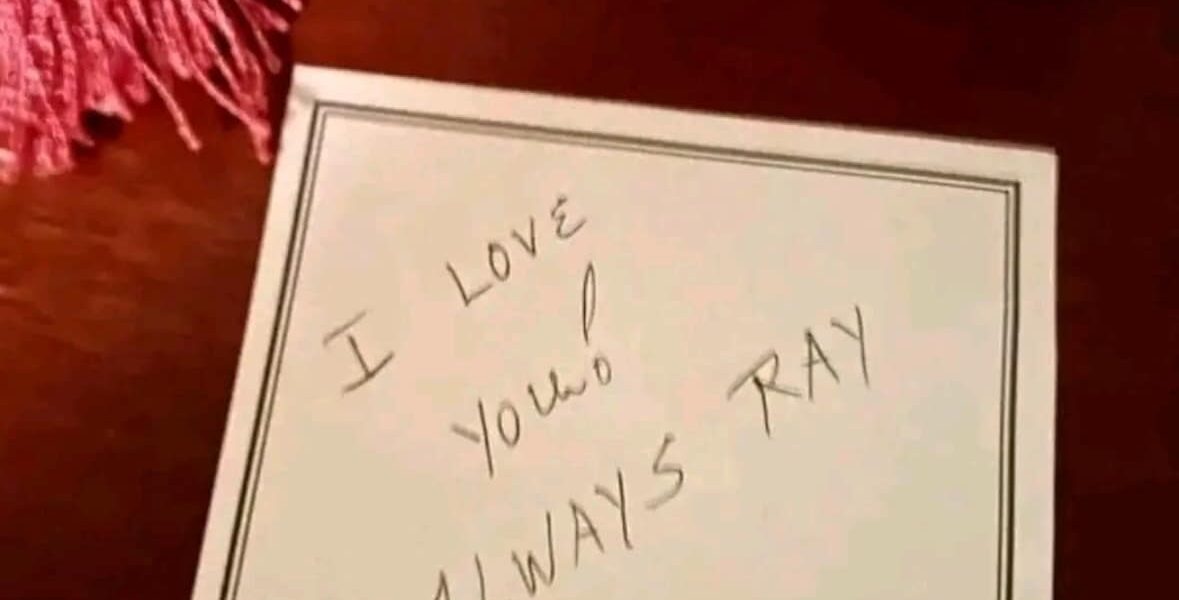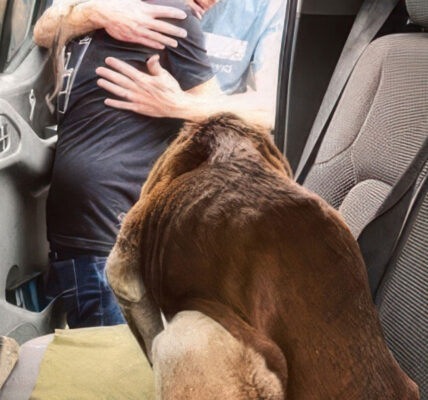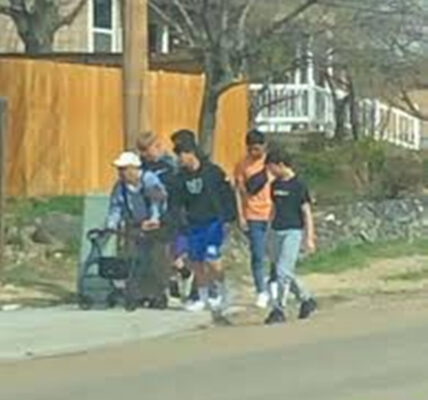
It was a morning like any other in 2015. I had gone to the gym, part of the usual routine. My husband, back at home, was tidying up after breakfast—washing dishes, wiping down counters. The kind of ordinary morning that makes up the fabric of everyday life.
Then, everything changed.
As he scrubbed a plate, he suddenly felt like something was lodged in his throat. He described it later as feeling like a golf ball stuck in his neck—a strange, heavy sensation that made it hard to breathe, hard to think.
Instinctively, he picked up the phone and called me at the gym.
“Something is wrong,” he said, calmly but urgently.
“You need to come home and take me to the hospital.”
I begged him to call 911. He refused. Typical him—always trying to stay composed, always thinking of others before himself. I was in the car in seconds, and by some miracle, I was home in ten minutes.
There he was—standing outside, the front door locked behind him. As if he didn’t want to slow me down by waiting inside. He climbed into the passenger seat and we sped off to the ER.
Once we arrived, everything happened quickly—then terrifyingly slow.
The doctors ran scans and discovered what no one wants to hear: his aorta had ruptured. The largest blood vessel in the body had torn. Only a clot—fragile and temporary—was keeping him from bleeding out completely.
They told me they needed to operate immediately.
They told me it would take hours.
They told me he likely wouldn’t survive.
I watched them wheel him away, and all I could do was pray—pray that this wouldn’t be the last time I saw the man I loved. The man I built my life with. The man I still needed so much more time with.
The surgery took eight hours.
The surgeon later confessed that he had only ever performed this particular, rare procedure once before. The odds weren’t good. But somehow, against all expectations, he pulled my husband through.

That night, I stayed at the hospital. I didn’t sleep. I couldn’t.
But in the morning, exhausted and trembling from everything that had happened, I drove home to grab clothes and take a shower.
I walked into our quiet, empty kitchen.
And there, on the counter, was a note. In his familiar handwriting. Left for me before we ever made it to the hospital. A few scribbled lines—nothing fancy. But in those words was everything:
His love. His worry. His goodbye—just in case.
I don’t even remember exactly what it said anymore, because I don’t need to. I remember how it felt. It felt like love in its purest form. It felt like time had paused just long enough for him to tell me what he needed me to know, if the worst had happened.
That note now lives in a pink keepsake box in my closet.
My husband? He made it.
He’s alive. He’s healthy. He laughs, loves, and still does the dishes after breakfast.
And that surgeon? When I tried to thank him, he didn’t take credit. He smiled softly and said,
“I give all the glory to God.”
We still don’t know why we got lucky that day. Why the clot held. Why the surgery worked. Why he was spared.
But we do know this:
Life is fragile.
Love is everything.
And sometimes, in the quiet corner of a kitchen, a note on the counter can carry the weight of an entire lifetime.
That morning could have been the end. But instead, it became a new beginning. ❤️
Credit to the rightful owner ~




